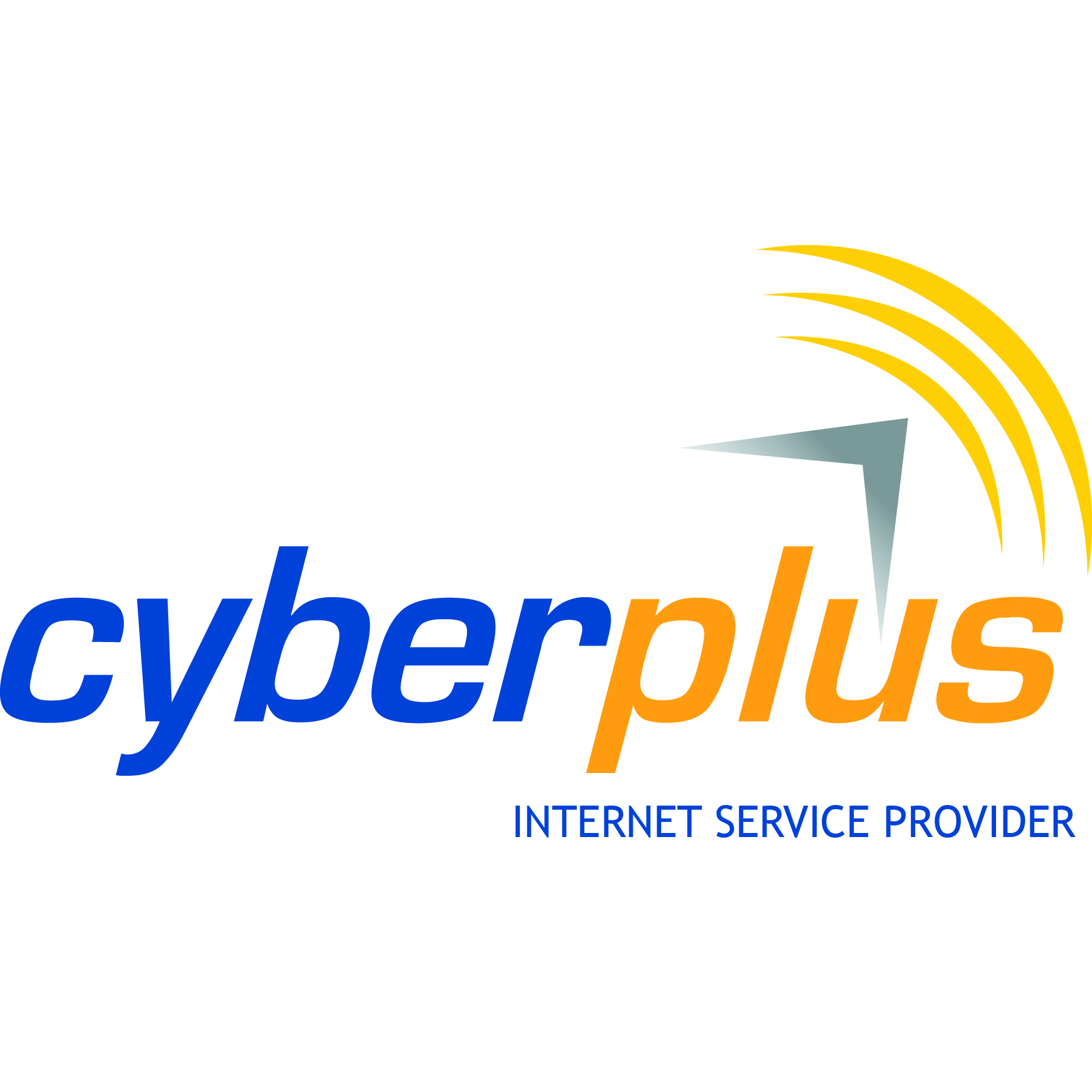Recently, 5g technology has become a hot topic of discussion among Indonesian people. Many are looking forward to the implementation of 5g, not a few are also guessing what exactly 5g technology is, or how it differs from its predecessors (4g, 3g, 2g, and 1g).
So what exactly is 5g technology like? Why should you use 5g? What are the benefits? What are the advantages and disadvantages? We will explore one by one the answers to questions that often arise when talking about this 5g technology.
What Exactly Is 5G Technology?
5G or Fifth Generation or Fifth Generation is a term for the improvement or evolution of cellular telecommunications, both in terms of technology and infrastructure. So in short, 5G in cellular telecommunications is an update from 4G which has been widely used and has become the current standard for cellular telecommunications.
For more details on the evolutionary stages of cellular telecommunications technology, you can read it directly from the official website of one of Indonesia’s major cellular operators at this link.
5G was developed as an answer to the need for a connection with a higher level than 4G, both in terms of speed, capacity, and stability.
Why Should We Switch to 5G?
Unlike when it was first developed, cellular telecommunications is currently not only used for two-way voice communication. Currently, in addition to voice calls, cellular telecommunications have been used for many purposes and activities. Examples include video calling, online gaming, data entry, teleconference, video conferencing, remote control of devices/vehicles, implementation of VR & AR, and much more.
Just like when 3G was developed to meet the need for public internet access, which at that time had not been able to be met by 2G. Or when telecommunications evolved from initially only supporting voice calls, then developed into video calls and finally brought 4G as the successor of 3G. Currently, 4G is considered to have begun to be unable to keep up with technological developments in the next few years. Therefore, 5G is being developed by many companies and developing countries as the successor of 4G.
What are the advantages and benefits of 5G?
5G offers many advantages and performance improvements over its predecessor, namely 4G. These improvements include:
- The higher data rate, improve data transmission between devices, which means internet access speed will also increase.
- Lower latency (nearly 1ms/millisecond), very important in some cases. Because the quality of latency will affect the accuracy of time in communication (data). High latency results in delays in data information or what is usually called delay. For example, if we control the vehicle remotely and there is a delay in data transmission, the result is that the vehicle that should have turned is still going straight.
- Connection Density above 4G, supports data traffic from many devices at the same time (simultaneously) with an estimate of up to 1 million devices per km².
Some examples of 5G utilization are AR/VR for Industry Maintenance, Smart Surveillance, Smart Building (Home / Office), Smart Factory, Remote Controlling Machinery, Remote Surgery, Drone Surveillance, Driving Automation, Smart Seaport, and many more.
What Are the Disadvantages of 5G?
Until now there has been no statement about the lack of 5G networks that are supported by valid evidence/facts. Some of the possibilities that can occur are as follows:
- With the increasing speed of data communication and internet access, smartphone users will tend to consume higher data packets than before.
- Equitable coverage of the 5G network area takes a long time.
- Devices from the previous generation do not necessarily support 5G networks as a whole.
When can 5G be Enjoyed by the Public?
Currently, there is only one operator that officially rolls out 5G networks in Indonesia, and the area served is also still very limited in a few locations/big cities.
However, unlike when 4G was first introduced to the public, not all users welcomed it enthusiastically, many persisted in using 3G. The 5G network is in great demand and eagerly awaited by many users in Indonesia.
Influence on Industry and Business
The implementation of 5G will certainly trigger a massive evolution in various industries and businesses, especially manufacturing and shipping companies. Automation of devices and machines will begin to be widely used and previous technologies will begin to be abandoned.
Then what about companies that have not been served by 5G networks? Dedicated internet services with fiberoptic media supported by WiFi 6 technology are still the solution.
High-speed dedicated internet services with fiberoptic media and supported by network redundancy are the backbone of the internet. Meanwhile, WiFi 6 is a medium of communication between devices and machines in a local network within the company.
At Cyberplus, we maintain high levels of service availability and uptime with redundancy across our network. We are also committed to maintaining the privacy and confidentiality of our customer data by implementing Clean Pipe Internet.
For more detailed information about our dedicated internet service, please contact us at sales@cyberplus.net.id



